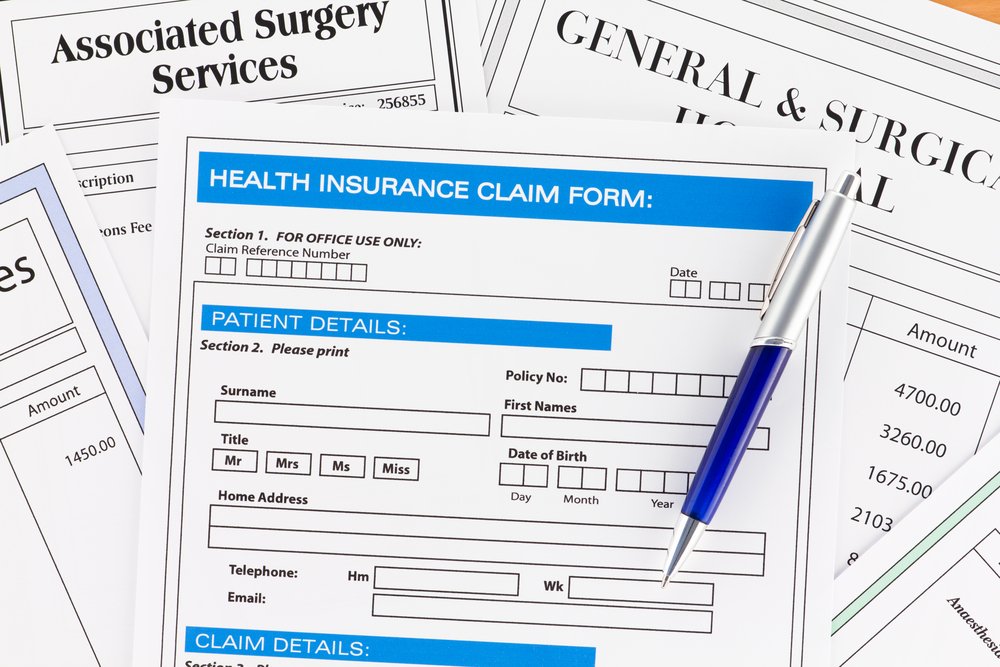A Patient’s Revenue cycle management (RCM) has the below components:
- Revenue cycle triggers the process of registration.
- It goes through the appointment process.
- It ends on full and final payment of all balances.
- This is followed by an Exit formality in the form of documentation.
- Finally recording patient’s History.
To track all these events, established healthcare facilities use Medical Billing Software. The financial processes, thus managed are termed as Revenue cycle management (RCM). Revenue cycle management can be easily boosted through medical billing service.
In RCM the financial department of Healthcare facility keeps a record of patient’s complete History. This is unified with the patient’s details. These details, apart from other details, primarily include,
- Name of Patient
- Patient’s Address,
- Patient’s Occupation
- Health Insurance plan of Patient
- Insurance Provider
- Health Saving Accounts
This kind of unification helps in defining the patient’s profile and prevents bad debt due to nonpayment of bills. It is advisable is to check the record once, while the patient is scheduling an appointment.
The health care facility checks with the insurance company, about their portion of care covered under insurance. Since the patient has to pay the remaining portion, the facility can counsel them well in advance about the financial burden during the care.
The Role of Medical Billing Services
Efficient medical billing processes are an important focus area for the healthcare facilities, which offer critical care services. Reimbursement through Insurance is continually declining. This is leading to complex collection processes. In addition to this, it is very important to satisfy all HIPPA requirements. All these processes are termed as Medical Billing processes. They are an integral part of successfully closing a Revenue Generation Cycle.
Steps in Medical Billing Services
Pre-Insurance Verification: Doing the patient’s insurance verification before admitting to the hospital is the best practice. The Insurance cover amount and the service covered are checked well in advance. This avoids any kind of dispute during the full and final payment.
Medical Coding, Cross Checking, Quality Assurance, and Reimbursement: As per the reimbursement process, the medical coding department assigns the ICD and CPT codes. The department maintains detailed patient information and generates bills. After accessing these details, the medical coding department assigns the aforesaid codes.
The codes QA team then Quality assesses the code along with cross-checking by a Medical coding officer. The Medical Billing team then sends these codes to the Insurance agencies. From here, the healthcare facility receives the reimbursement part of the Insurance Provider. The department collects the remaining amount is from the patient.
Insurance Follow-ups/Under-payment follow-ups: Most of the time, it happens that the Healthcare facility submits the claims to the Insurance agency, but regularly follows-up with the agency. Sometimes, the claims are underpaid by the agencies. This also requires constant follow-ups.
Patient payment follow-ups: After the processing of the insurance claim, the patient pays the balance amount. The Medical billing team follows up with the patient to recover the remaining part. In the case of no-payment, Medical Billing department takes necessary action and recover payments.
Reporting & MIS: The final process after all the above is done, is reporting to the Healthcare facility management. These reports include two most important reports –
- Key Performance Indicators (KPI) report
- Insurance aging reports.
These play a critical role in payment recoveries.
Outsourcing of Medical Billing Services
There are established HIPPA compliant Medical Billing Service Agencies in the Global Market. They take up all these burdens off the shoulder from the healthcare facility. They provide end to end support in
- Recording patient details
- Tracking patient details
- Updating patient details
This is done on technologically advanced software. As soon as a patient tries to fix an appointment, these agencies provide all details regarding the patient health cover. They also maintain the patient’s medical history and other details.
Outsourcing minimizes the losses that a medical facility faces every year due to
- Non-reimbursement of claims,
- Payment defaults by patient
- Other missed charges.
For efficient Revenue cycle management, the healthcare facility should focus on expert Medical Billing Services. Rather than hiring experts, which increases the cost burden, it is advisable to completely outsource the same. Thus, the healthcare facility can focus on the best services in health facilities. The outsourcing business will take care of the remaining burden.
